In a situation where a person gets injured due to another’s reckless and careless actions, the former can sue. They can file a suit seeking compensation for the negligent behavior of the offending party. If they can successfully prove their case in court, then they are subject to financial compensation. The money obtained from personal injury claims is further invested in covering medical expenses and lost wages.
The injured party might be unable to work due to their injuries, or could even be hospitalized. The Oakland personal injury attorneys at Milanfar Law explain that you will need to prove the following four things in court:
1. The Duty of Care
Table of Contents
The duty of care is the first legal obligation to consider in the case of a personal injury. It was the party’s legal responsibility to not endanger the other party’s well-being through their reckless acts.
In a car crash claim, the duty of care refers to careful driving and abiding by the rules of the road. The driver should exercise reasonable care.
2. Breach of Duty
The breach of duty is self-explanatory in that the offending party violated some rules, and they failed to be a responsible citizen.
A personal injury claim becomes much stronger when the defendant breaches the conduct of appropriate behavior. So, suppose a driver fails to adhere to the duty of care by committing some negligent actions like speeding, texting while driving, or drunk driving, most likely injuring another driver or pedestrian. In that case, they will be held accountable for their breach of duty.
The plaintiff will have to prove that the defendant failed to match their legal requirement to drive like a responsible person. In that the defendant showed reckless behavior outside the boundaries of what is expected.
3. Causation
The act that produces a consequence or an effect is causation.
In filing a personal injury claim, the third factor to prove is a failure to demonstrate or exercise reasonable care, leading to an accident. The plaintiff can build a strong claim by showing that it was because of the reckless behavior of the defendant that they suffered from injuries, affecting their life.
4. Damages

One of the core reasons you are filing the case is because of the damages that you have endured due to a breach of duty in care. The lawyer must prove the losses and damages through visual pieces of evidence to claim financial compensation for their injuries.
Before filing a claim, keep in mind that damages fall into two categories
- Economic Damages: These losses cover the plaintiff’s hospital bills and salaries.
- Noneconomic Damages: Non-Economic ones are there to compensate the victim for ethereal harm in the form of emotional suffering, distress, or pain. If someone remains unharmed and safe from damages, they are in no position to file a valid personal injury claim.
Understanding the concept of duty of care is pivotal in personal injury claims. Successfully proving the duty of care, breach of duty, causation, and damages is crucial for seeking financial compensation in court. Whether it’s a car crash or any other incident, holding the responsible party accountable relies on demonstrating their negligence and its direct impact on the plaintiff’s life.
Remember, the evidence presented, including economic and noneconomic damages, plays a significant role in the strength of a personal injury case. Before pursuing a claim, it’s essential to grasp the nuances of these elements and consult with legal professionals who can guide you through the process.
- How To Create A Safe And Comfortable Home Environment For In-Home Care In Boca Raton? - July 16, 2024
- 10 Trendy Black Nail Ideas To Elevate Your Nail Game - May 6, 2024
- Getting A Free Divorce In Virginia? Here’s What To Expect - April 24, 2024


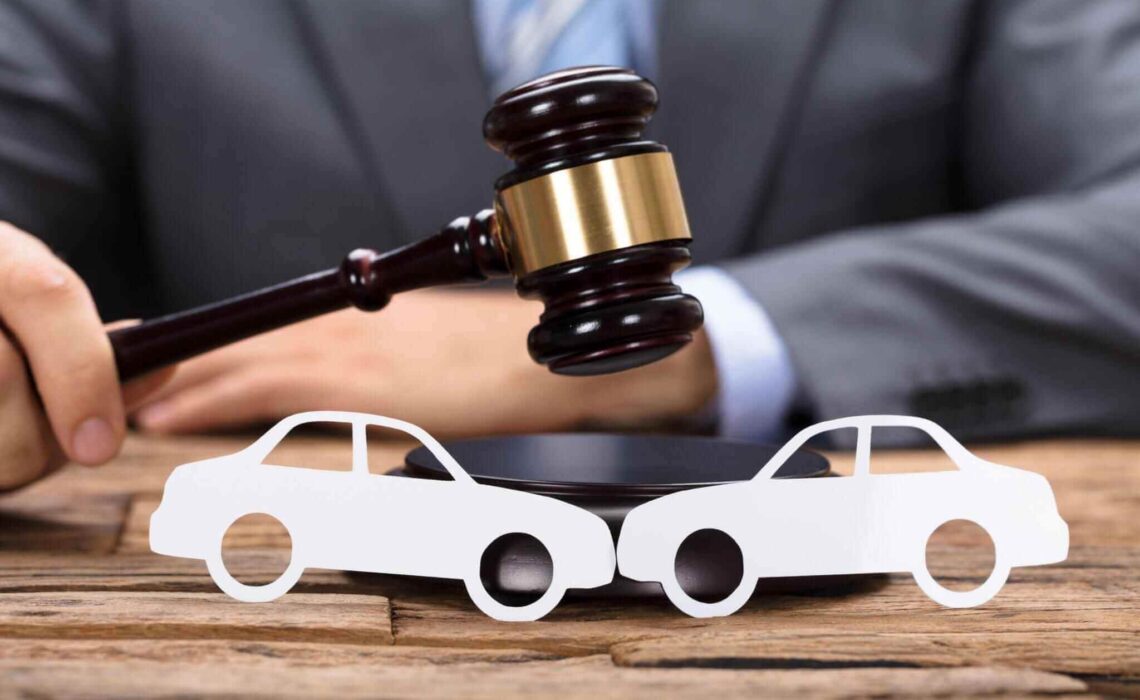

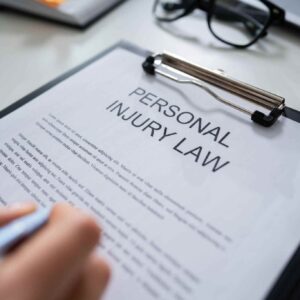

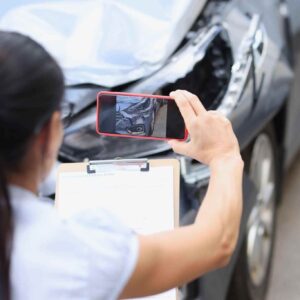
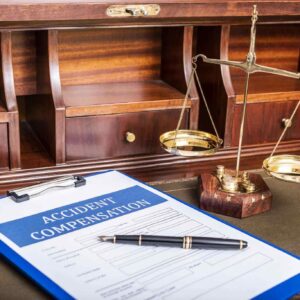

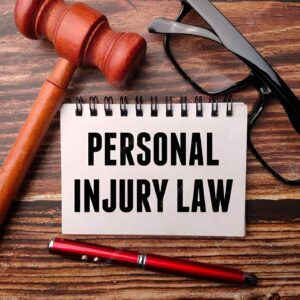



No Comments